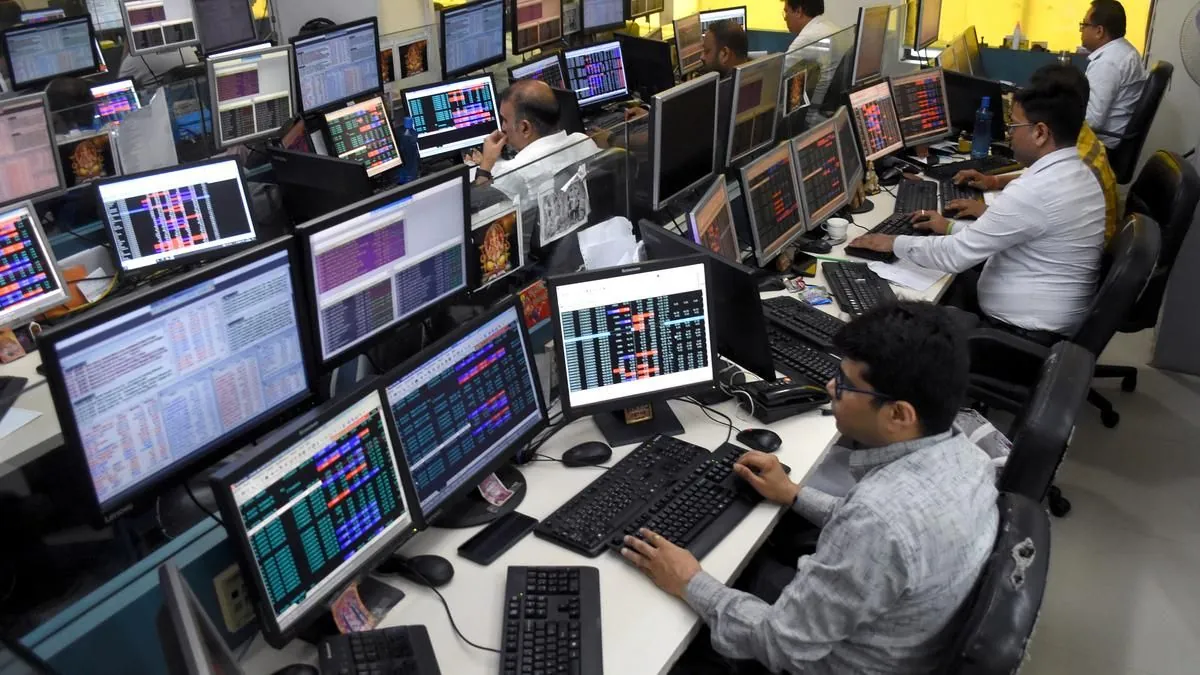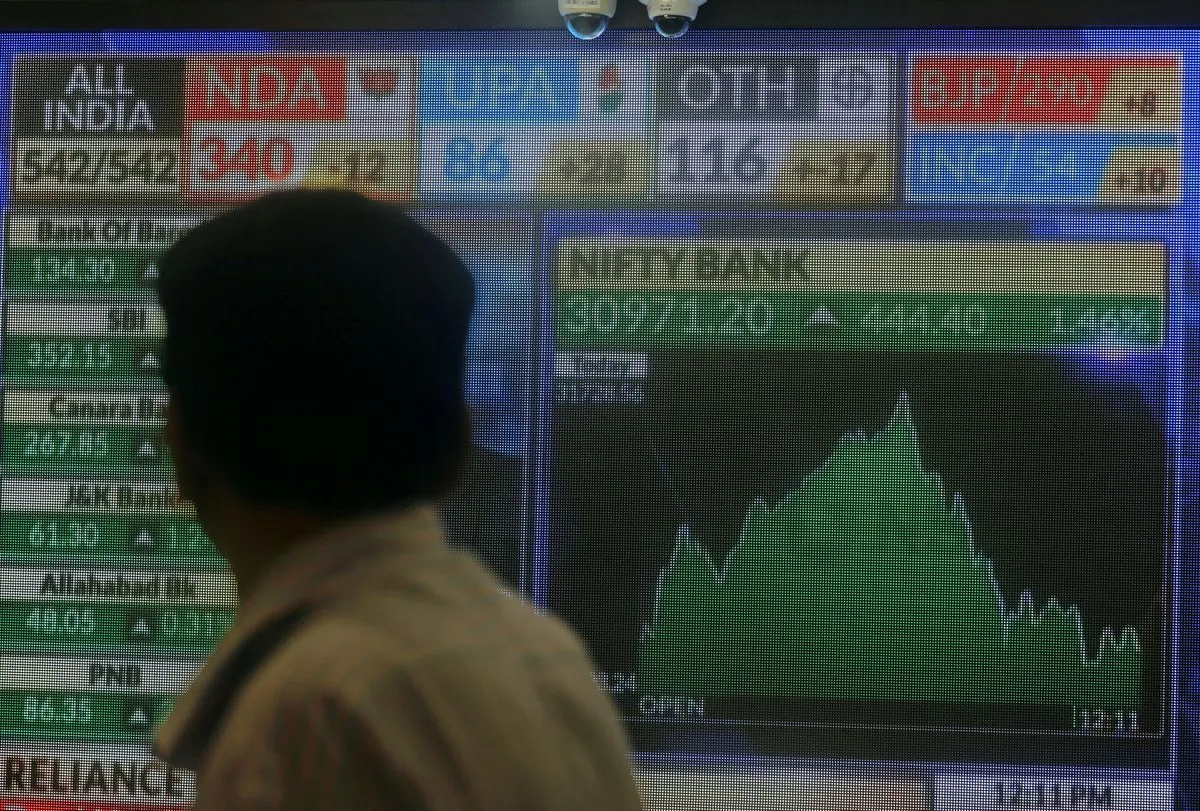India Tightens Derivatives Trading Rules to Protect Investors
India's market regulator SEBI has implemented stricter rules for equity derivatives trading, raising entry barriers and costs. The move aims to protect investors and strengthen market development.

SEBI, India's market regulator, has implemented more stringent regulations for equity derivatives trading, effective November 20, 2024. These changes aim to safeguard investors and promote orderly market development.
The new measures include reducing the number of weekly options contracts to one per exchange and increasing the minimum trading amount from 500,000 rupees to a range of 1.5-2 million rupees. This decision comes despite resistance from some investors.
India's securities market has undergone significant transformations since the early 1990s. SEBI, established in 1992, has played a crucial role in regulating and developing the market. The introduction of derivatives trading in 2000 marked a significant milestone in India's financial landscape.

The recent regulatory changes reflect concerns about the rapid growth of retail investor participation in derivatives trading. In August 2024, India recorded the highest global monthly notional value of derivatives traded at 10,923 trillion rupees. This surge in trading activity has raised alarms about potential market challenges and impacts on household finances.
A SEBI study covering the three years up to March 2024 revealed that individual Indian traders incurred net losses totaling 1.81 trillion rupees in futures and options, with only 7.2% of traders profiting. In contrast, proprietary traders and foreign investors reported substantial profits during the same period.
India's stock market, one of Asia's oldest, has a rich history dating back to 1875 with the establishment of the Bombay Stock Exchange. The country's financial markets have evolved significantly, with the National Stock Exchange of India, founded in 1992, now standing as the largest financial market in the country.
The regulator's decision to tighten rules aligns with its ongoing efforts to enhance investor protection. Since 2010, SEBI has actively promoted financial literacy through various initiatives. The establishment of the Investor Protection and Education Fund in 2009 and the implementation of the SCORES platform for addressing investor grievances in 2011 demonstrate the regulator's commitment to safeguarding investor interests.
These new measures are part of SEBI's broader strategy to ensure the orderly development and strengthening of the equity derivatives market. As India's economy continues to grow, currently ranking as the fifth-largest globally by nominal GDP, maintaining a robust and fair financial market remains crucial for sustained economic progress.


































